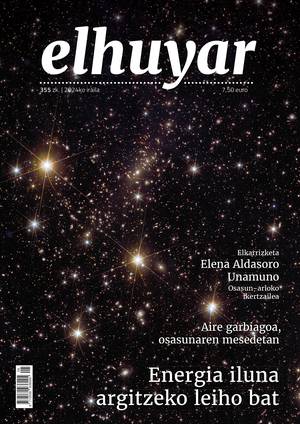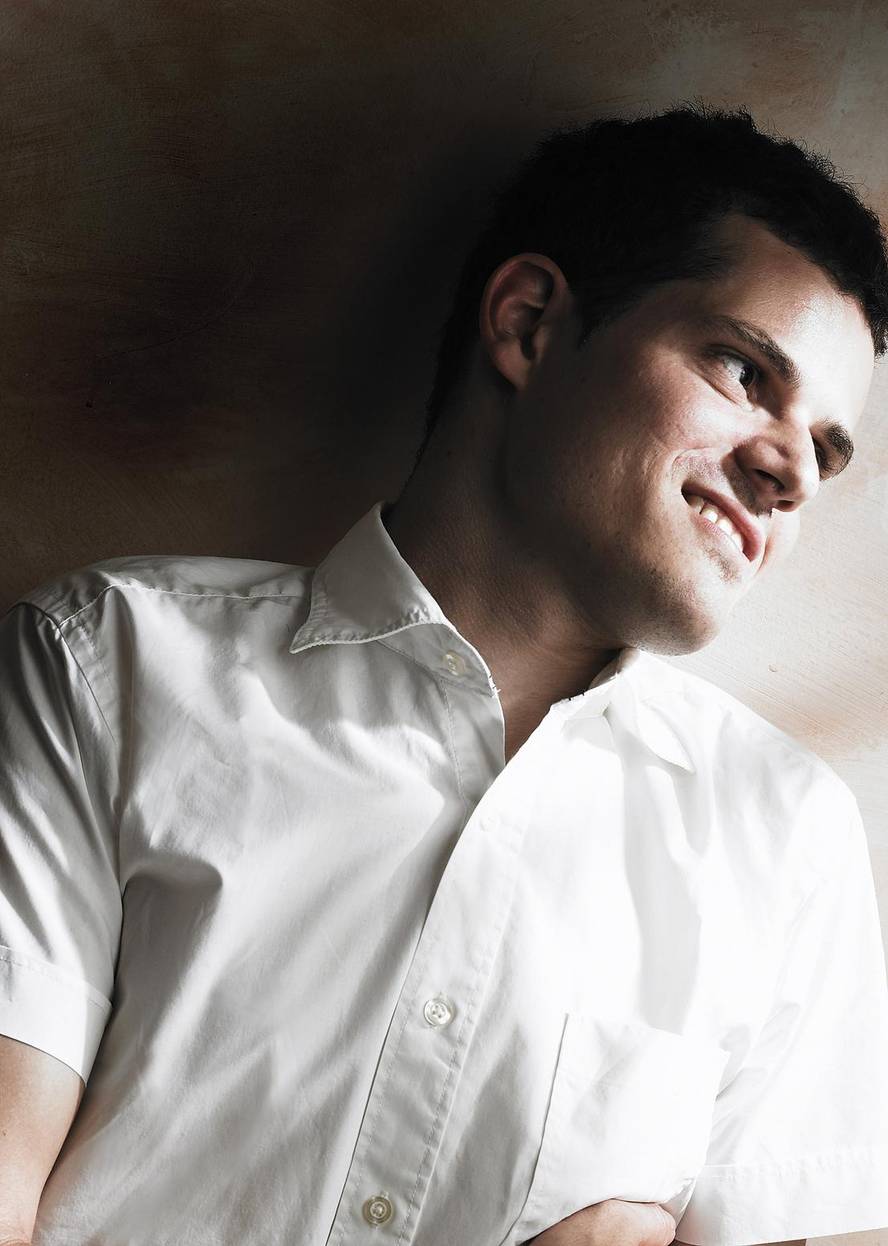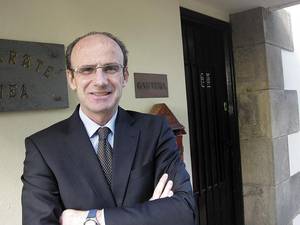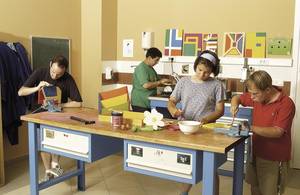AUTISM: A long way in small steps
To help people with autism spectrum disorders and their families, the services offered by some associations are fundamental. In Gipuzkoa, for example, the Gautena association has been supporting autists and family members for 35 years in collaboration with public institutions.
The director Ramón Barinaga has specified that the services and aids provided by the association are adapted to the needs and demands of each person and are based on the rights: "The rights-based approach is relatively new and is increasingly gaining more strength."
"Why help people with autism? ", question Barinaga. The answer is as follows: "At one time it would be said that it was for charity, then perhaps for solidarity. Now, however, we believe that it is a matter of rights, that is, we must respect the rights of all citizens, including those of persons with disabilities."
And he has mentioned some fundamental rights: education, health, social participation... "The claim of these rights for people with disabilities is not today," Barinaga-said, "but lately this perspective is being made clear. That is, the objectives are more or less eternal, but they are seen and expressed differently. And I think it's not banal, it's important."
In short, as in society, in Gautena they have been changing and adapting to the times, with the intention of offering the best possible services. Thus, although initially aimed at a child with support problems, Barinaga has now said that the goal is families: "Because the consequences are not limited to the person who has the problem, but they also affect the family and the environment. That is why we try to understand it in its entirety."
In this sense, they provide support and services to entire families, who currently have groups of newly diagnosed families, who were diagnosed and who are now sharing experiences and receiving training; that their son or daughter are older; who suffer from Asperger syndrome. Thus, as they adapt to each person with autism spectrum disorders, they adapt the aids and services to each type of family.
The first service they offer is diagnosis and treatment. They have an agreement with Osakidetza and the team is composed of a psychiatrist and six psychologists whose mission is to diagnose in the early years of the child and design the subsequent treatment. "In this treatment all people who have a relationship with the child participate," explains Barinaga. "Within this, we give an outpatient treatment and at this time about 300 school-age children come to receive the sessions."
Model based on quality of life
They also have educational service. In fact, most children are fully integrated into the education system and come to the ordinary classrooms with the necessary adaptations. "But for those who do not suffice to adapt the usual curriculum, we have sixteen classrooms. In them are grouped the students who need specialized help. However, these classes are in ordinary centers," explains Barinaga. The objective is clear: to the extent possible, to do the same as the rest of the students.
When the students arrive, those who do not have the opportunity to work with the Gureak group, Gautena offers them day service. In any case, the objective is social inclusion, following a model based on the quality of life in Gautena.
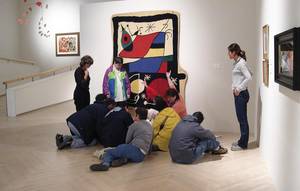
Barinaga explains the core of this model: "The approach to quality of life goes beyond integration and normalization. Founded by Shalock in the United States, Verdugo of the University of Salamanca has adapted to our surroundings. According to this, when evaluating the results of the projects, the question is not whether the person is within the community, but whether he is part of the community. This means measuring the quality of the relationships it maintains with other people who make up the community."
Thus, they have defined indicators to measure the quality of life in eight dimensions: emotional, material and physical well-being, interpersonal relationships, personal development, self-determination, social integration and rights (human and legal rights). In the words of Barinaga, following this model forces to work rigorously, since "it implies taking into account and measuring all aspects".
On the other hand, Gautena has a housing service. These homes are destined to cases of difficult family coexistence. And finally, it has services aimed at family members. In addition to family groups, it offers training courses and other resources.
Among them, Barinaga has highlighted leisure services: "Seen from the outside, perhaps it does not seem so important, but in reality leisure has a great importance. Both those who have autism and those around them have to reserve spaces to breathe and enjoy, and we try to offer them during the course and during the holidays. We carry out all kinds of activities: sport, swimming, colonies, excursions, departures..."
Next steps Next steps
In the face of the question of whether IMFAR influences Gautena's day-to-day life, Barinaga has answered that between 10 and 15 years have elapsed so that the results they present can be of use. "For us the congresses we hold are more useful. For example, we are now at the congress organized by the European Autism Association every three years. It will be in Budapest, in September, and surely the accounts presented will have a more direct effect on our activity".
In any case, Barinaga warns that in the day to day there is no "revolution", "but evolution is constant". For example, from the beginning, the Teacch program of the University of North Carolina has been the central axis of Gautena, while in Europe they have maintained for many years a special relationship with the British Autism Association (NAS). "We also carry out personnel exchanges with other European centres, distributing information and initiatives among us."
Taking advantage of the opportunities offered by new technologies, in collaboration with the telecommunications cluster Gaia is developing an application that facilitates decision-making. "We've called for the Ikusgiza app and the goal is for people with autism to make their own decisions on all day-to-day issues," explains Barinaga. "I think that's the best: that the person with disabilities will use it herself and that she will tell us what she wants and what she doesn't."

